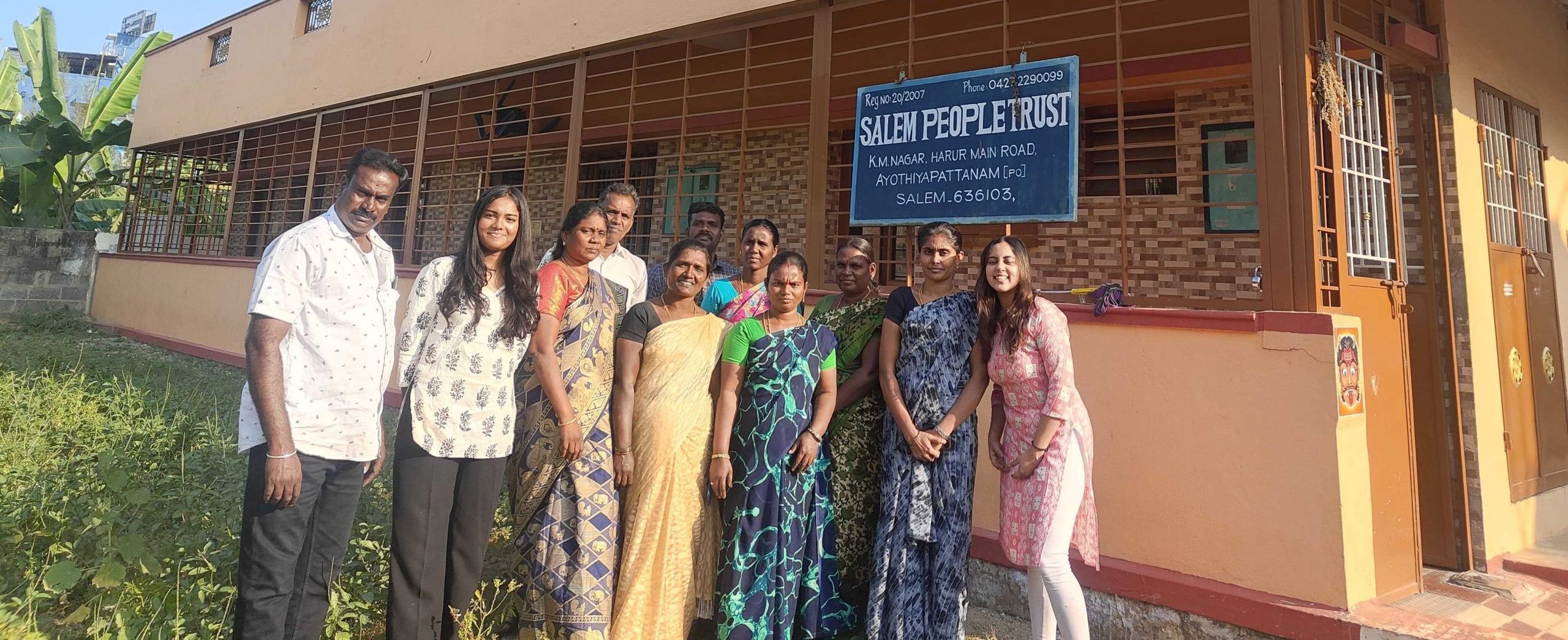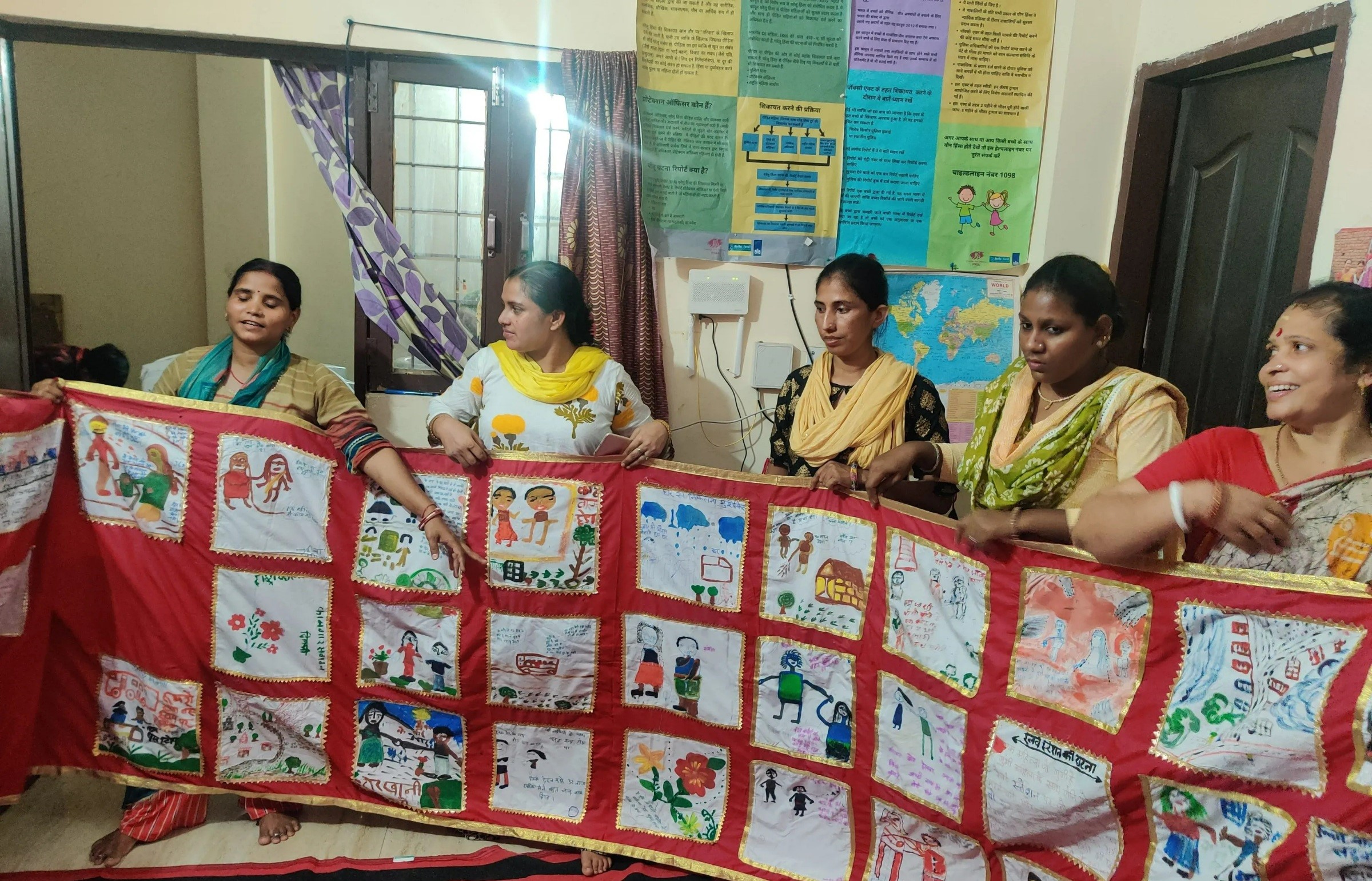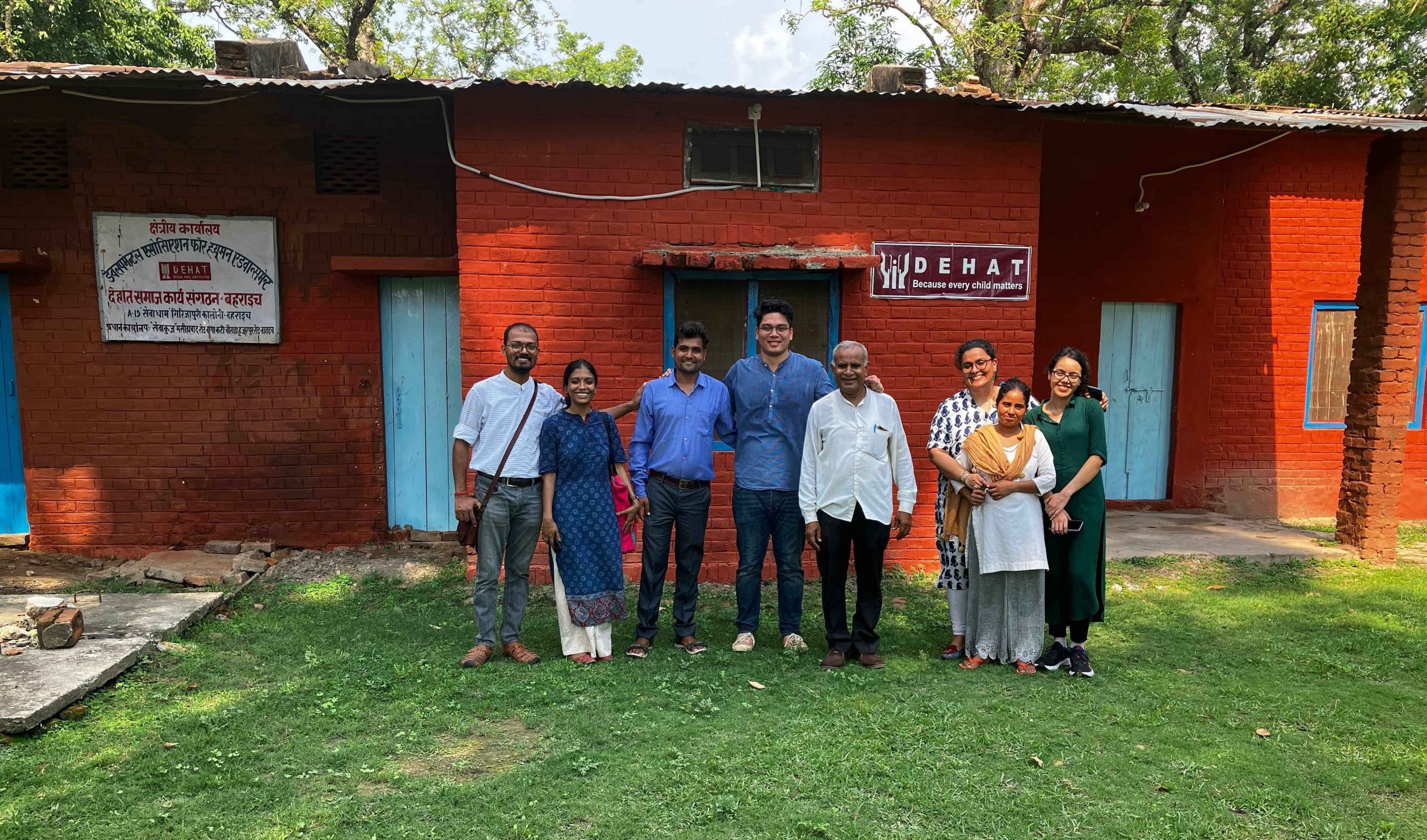For decades, Tamil Nadu has borne the invisible yet enduring scars of bonded labor—a system that has entrapped entire families in generational cycles of exploitation. In the heart of Salem district, however, a quiet revolution is unfolding—led not by outsiders, but by those who have lived this reality and chosen to fight back.
Among them is Jayam, whose earliest memories are marked by the clang of factory tools and tea drunk from coconut shells—growing up in a family of bonded laborers in Salem’s silver anklet belt. Like many families in the region, hers was pulled into the exploitative grip of silver anklet factories that continue to employ children and women through informal bonded systems. It wasn’t until adolescence that Jayam understood the full weight of this injustice—when she was asked to wash blood-stained napkins of upper-caste women as an act of service. That moment stripped the veil from her reality and exposed the deep entanglement of caste and labor.
While the Bonded Labour System (Abolition) Act of 1976 criminalized bonded labor, its afterlife remains entrenched. The impact is not only economic but psychological—conditioning people to see servitude as their fate. Even after being ‘freed,’ many remain trapped in cycles of poverty, caste-based discrimination, and internalized subjugation, without the support needed to rebuild their lives.
Jayam’s response was shaped by lived experience and a growing fire to change things. She began her journey with Don Bosco, working to rescue children from exploitative labor and reintegrate them into school systems. That journey evolved into founding Salem People Trust—a grassroots organization committed to dismantling caste and labor-based oppression, and advancing the rights of children, youth, and women from marginalized communities.
As we made our way through the golden-hued streets to meet Jayam and her team, it became clear we weren’t just visiting an NGO—we were entering the heart of a movement. Jayam’s story is deeply tied to the community she serves—not a story of victimhood, but one of deep-rooted resilience and a relentless will to dismantle the very systems that once defined her life.
Christy, a former Don Bosco director, serves as an advisor, bringing expertise in child rights advocacy, strategic planning, and partnerships. While Jayam works on-ground, Christy ensures sustainability and growth. Together, they balance direct action with long-term impact, strengthening Salem People Trust’s mission.
Key Interventions:
Since its inception in 2007, Salem People Trust has identified 349 child laborers and is actively working on their enrolment and retention in schools. The organization operates across 47 villages, running education campaigns that engage panchayat members, Makkal Sangam collectives, teachers, and youth leaders to prevent school dropouts. Its interventions extend beyond education—addressing child labor, female foeticide, early marriage, and access to healthcare, all through a deeply community-driven mobilization approach.
As the morning unfolded, conversations stretched into shared reflections, and the rhythm of the day settled into something fluid and organic. Shiboni and I sat down with the team members. As they spoke about the work, we learnt that grave systemic challenges persist in this community. Anemia among adolescent girls is a widespread issue, interventions include home visits tracking haemoglobin levels and nutrition access. Child marriage remains a threat, which is combated through adolescent collectives, awareness sessions, and Village Child Protection Committees (VCPCs) that train local leaders to intervene. The organization also works closely with government partners—the Tamil Nadu Education Department supporting school reintegration, and local city councils joining legal advocacy efforts to rehabilitate bonded laborers and provide cattle and financial compensation along with release certificate.
As everyone shared, we saw that the core team—mirrors Jayam’s journey, each member carrying their own history of defiance against oppression. Every effort here is deeply personal, interwoven with lived experiences. Jayam and her team were not working for the community; they were the community. There was no separation between work and life here—every discussion felt deeply personal; every effort rooted in something much larger than an organization’s mandate. Lunch was a moment of respite, but also of connection. Gathered around a meal that was as hearty as it was heartfelt – the team had built something more than just a workspace—it was a home, and for that moment, we were welcomed into it.
As the afternoon stretched on, we met a youth changemaker, Madhumita, a quiet yet determined force working to reintegrate school dropouts. The organization’s youth leadership network, consisting of over 200 young volunteers, plays a key role in monitoring continued education, advocating for children’s rights, and leading tutoring sessions across 15 villages.
Post which we ventured into the community, where the work we spoke of was no longer conceptual but lived.

Kandasaami’s Journey: From Bonded Labor to Dignity
We visited the home of a former bonded laborer, Kandasaami, listening to a story that was both heartbreaking and deeply inspiring.
At 10, Kandasaami’s childhood was traded for debt, working over 14-hour days in fields and kilns. Meals were nothing more than porridge poured into his hands—his only understanding of survival. “I didn’t know any better,” he shares. “This was life.” For 55 years, he endured relentless toil, never questioning the chains that bound him.
The walls of his home he built himself, still echoed a past that had once seemed inescapable. There was a weight in his words—a history of struggle, resilience, and an ongoing fight to reclaim dignity.
At 65, his story took a turn. Salem People Trust intervened—fighting a long legal battle to secure his release. His release certificate was more than a document; it was a chance to reclaim his life. With their support, he received his rightful settlement and cattle to sustain himself.
Now 80, Kandasaami lives with dignity. His days are his own, no longer dictated by debt or servitude. His children and grandchildren have accessed education and secured daily wage jobs—finally breaking the cycle that once seemed unshakable.
Kandasaami’s story was a powerful reminder that change is possible, yet the weight of such struggles in India remains undeniable. His journey is not one of glorified struggle but of endurance and systemic injustice—one that should have never lasted so long. Yet, in his quiet resilience, he stands as a reminder of the battles that remain, and the work still to be done.
Witnessing his journey moved me deeply—both a stark reality check and a source of renewed purpose. It reinforced why grassroots organizations are vital and why the fight for dignity and justice must persist.

Over tea, we discussed the organization’s long-standing partnership with CRY, a funding ally for over 15 years, which has catalysed interventions in child labor prevention, education, and social mobilization. But with discussions underway about CRY’s phased withdrawal, the organization was at a critical juncture—seeking to fortify its sustainability while expanding the scope of its work. The need for a permanent office in Dharmapuri, two-wheelers for field staff who travel on foot, and a dedicated documentation officer to track impact remain urgent.
As the evening settled, the laughter of children filled the after-school centre, where tutoring sessions and awareness building through rhymes nurtured their aspirations. It was here, in the small moments—helping with homework, exchanging stories, watching them take ownership of their learning—that the depth of this work became undeniable. This wasn’t just about breaking cycles of marginalization; it was about instilling a belief in possibility—breaking cycles of oppression not just for individuals, but for generations to come.

As the day ended, there was no singular moment that defined the experience—It was a day not just of witnessing change but feeling it, breathing it, understanding that it lives in the people who refuse to accept the world as it is and instead to carve space for dignity where it had long been denied.
Salem People Trust is now looking ahead—expanding its education partnerships – with interest in exploring life skills and social emotional learning and art programs, infrastructure expansion, scaling fundraising efforts, strengthening documentation processes, and scaling up leadership development to ensure second-line leadership within the organization.
If you are an individual or an organization who believes that they can support Salem People Trust across any of these fronts, please connect with to Anaggha Nethra at anaggha@dasra.org from the Rebuild India Fund team.



